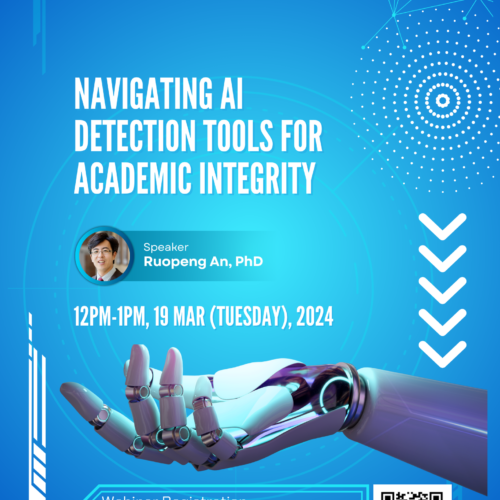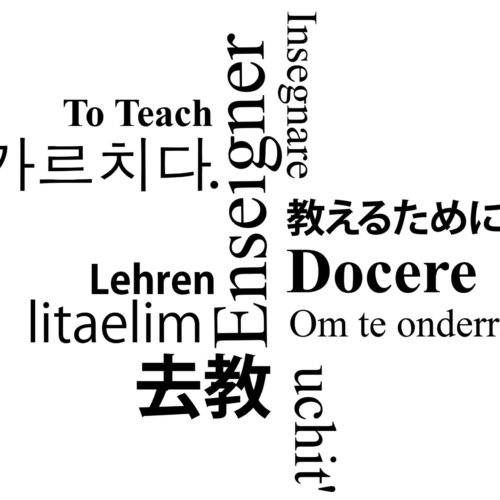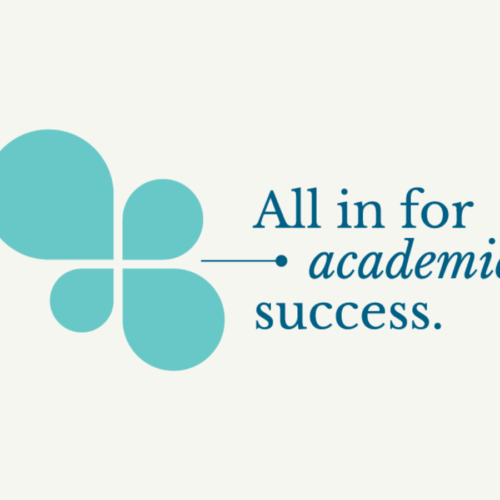Religion and Politics Professor Touts Technology in the Classroom
“We have an opportunity with technology to make the humanities come to life in the digital age. It can help words leap off the page,” said Lerone Martin, Ph.D., Associate Professor in Religion and Politics at the John C. Danforth Center on Religion and Politics and Director of Graduate Studies in the Department of American Cultures Studies at Washington University in St. Louis. Martin teaches a popular upper-level seminar at Washington University, The FBI and Religion, in which he uses clickers to spur lively classroom discussion about the FBI’s engagement with religious communities in America.
In an interview with The Teaching Center, Martin emphasized the importance of using new technologies such as iClicker and Poll Everywhere to draw students into conversation in the classroom. He also touched on how these technologies can benefit students with different learning styles.
Martin is the author of award-winning book “Preaching on Wax: The Phonograph and the Making of Modern African American Religion.” He has a B.A. from Anderson University and a Master of Divinity Degree from Princeton Theological Seminary. Martin completed his Ph.D. at Emory University in 2011. Martin joined the John C. Danforth Center on Religion and Politics in 2014 as Assistant Professor. In 2017, he was promoted to Associate Professor with tenure at Washington University in St. Louis. In 2018, Martin was appointed Director of Graduate Studies of American Culture at Washington University.
What inspired you to start teaching?
I’ve always enjoyed learning and asking why. As a little boy, I’d always be asking questions in movies or during the news. I see teaching as an exercise in learning.
In the classroom, I’m always encouraging my students to go beyond the banking model, where the professor tells you something and you repeat it. I’m trying to get my students to generate new knowledge because they’ll see things, read things, and do things that I wouldn’t expect.
What drew you to religion and politics?
I was raised in a very religious household. Religion in our household was the fountain from which everything else flowed, including our moral understandings and our political leanings.
When I got to college, a Christian college, I realized how my faith and upbringing was so different for others even though we all called ourselves Christian. I was interested in that, and the how and the why behind it. That led me to research how religious broadcasting became such a commonplace and powerful ritual in American life, and what I study and research today.
How did you have the idea for your FBI and religion course?
The first book I wrote was about how preachers got record contracts from major record labels in the 1920s to sell their own services. Then for my next book, I said I’d look at radio. As I was researching a radio preacher, a colleague here at Wash U named William Maxwell was just finishing a book on the FBI and African American literature. He said to me, “Now that you’re researching this radio book you might want to do a FOIA request to see if preachers have FBI files.”
I got the files several months later and noticed that the FBI was sending nice, cordial notes to this one radio preacher. It seemed odd to me. Why would the FBI send cordial notes to this preacher? I did more and more research and saw types of patterns of communication from FBI to religious broadcasters. I thought, I should just teach a class on this. The class is all about what has been the FBI’s engagement with religion, faith, and religious communities in America, and what can that tell us about the FBI’s ideas of national security.
How are you using clickers in your courses?
I’ve had several guests come in to give a talk, one of whom was the second African American woman to be an FBI agent. She came, I interviewed her in front of the class, and then I let students ask questions. The next class, I used clickers to facilitate a conversation about what they thought of the retired agent and how this helped them think differently. It helped facilitate conversation and reflect upon her visit. It also gives students a little more courage if they’re concerned about how they feel. Especially with the speaker being a woman, older, and African American, I wanted students to feel free to reflect critically upon some of the things she said.
What role do you think technology plays in teaching?
We have an opportunity with technology to make the humanities come to life in the digital age. It can help words leap off the page.
Technology allows you to address different kinds of learning styles. So, if you have students that are not as good at auditory, it could be good to have visual stimulation. Technology allows you to engage different senses in the learning experience, whether it’s touch or auditory, to bring concepts to life.
Finally, our students are so accustomed to it. To not use technology in your teaching is almost to completely disengage in things that are in the everyday lives of our students. It’s important to engage different learning styles but also to work with what students consider to be central to their lives.
Which of your past teachers has inspired you the most and why?
Earl Lewis, who was the provost at Emory when I was a Ph.D. student. He was head of the Mellon Foundation. Now he’s on the faculty at the University of Michigan. Earl was great at anticipating the large questions for the future as they relate to education, technology, and learning for faculty, professors, and universities. He inspired me because he was able to zoom in on details and then zoom out and say, here are the big questions we’re wrestling with now and here are the big questions we’ll be wrestling with 10 to 20 years.
What’s next for you?
I won a National Endowment for the Humanities (NEH) grant last year so I’ll be off in the 2019-2020 academic year. My goal is to finish my next book, ‘J. Edgar Hoover’s Stained Glass Window: The FBI, Religion, and National Security in American History, 1935–72.’ Princeton University Press is scheduled to publish it.




